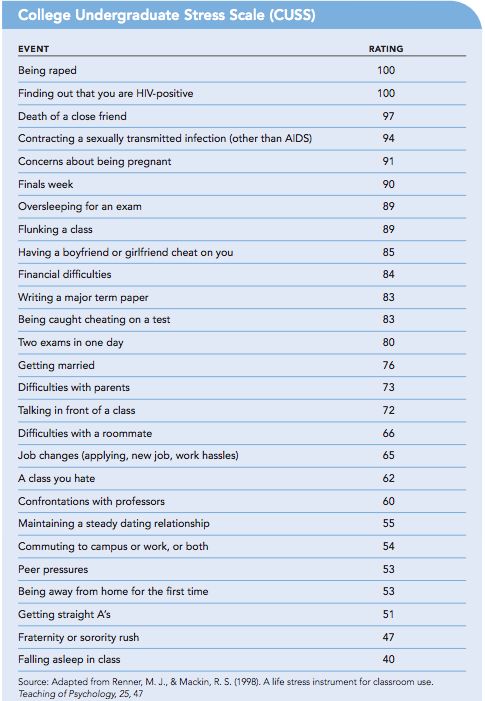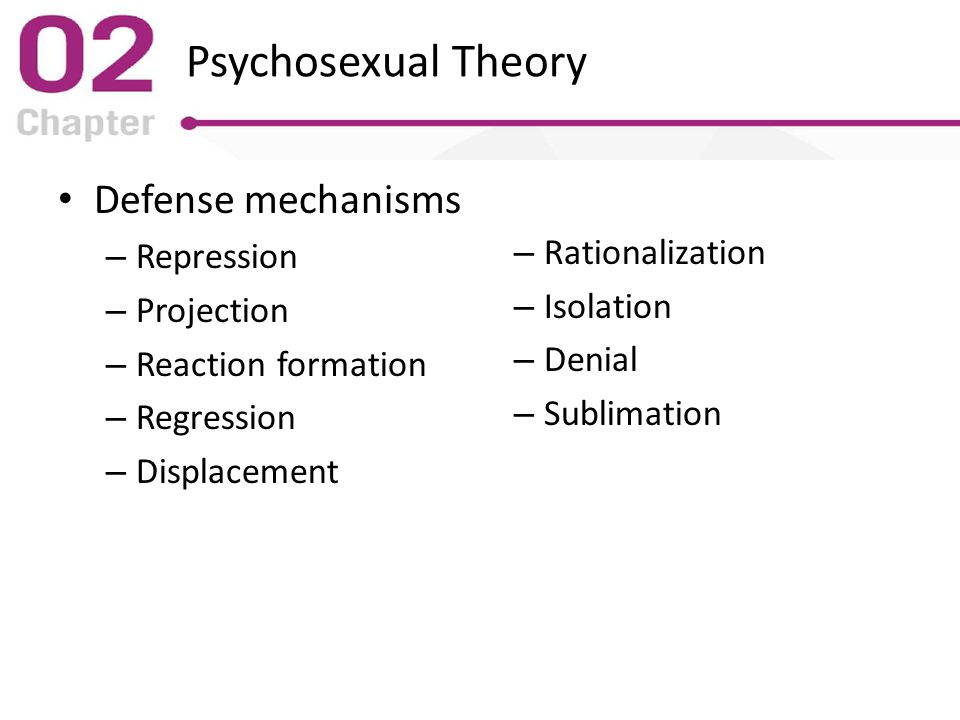List of most stressful life events
10 Most Stressful Life Events
We all experience stress in our life, but there are certain life events and even day-to-day situations that top the list when it comes to causing us stress. Here are some of life’s major stressors – and tips on how to cope with them.
1) Death of a loved one
The death of a spouse or other loved one tops the list of the most stressful things we experience. Bereavement affects people in different ways. You may feel shock and sadness, anger or even guilt. You may feel your world has been turned upside down and you don’t know how to go on without them.
It’s important during this time that you take care of yourself. Try to eat well and get enough rest. Don’t try to do too much – rely on others for support. Healing often comes from sharing our grief with others, so talk about your feelings with friends and family. Recovering from the loss of a spouse or other loved one can be a long journey. If you feel you can’t handle your overwhelming emotions or daily life, you may need the help of a grief support group or professional counselor to find ways to cope with your loss.
2) Separation or divorce
Separation and divorce are another two of life’s most stressful events. Even if both partners agree on ending the relationship, there are always a number of emotional, practical and legal considerations that have to be dealt with, such as living arrangements, financial matters and child custody.
There are things you can do to help reduce the stress of separation or divorce, such as surrounding yourself with a good support system, taking time to make any decisions and staying physically active. You can also help your children deal with the stress of the separation or divorce by talking to them honestly and remaining civil towards your partner.
3) Getting married
On the flip side, getting married can also be one of life’s most stressful events. Even though it’s generally one of the happiest times of our life, planning a wedding can also be quite stressful. You have all the complexities of organizing the event along with worrying that everyone will have a good time.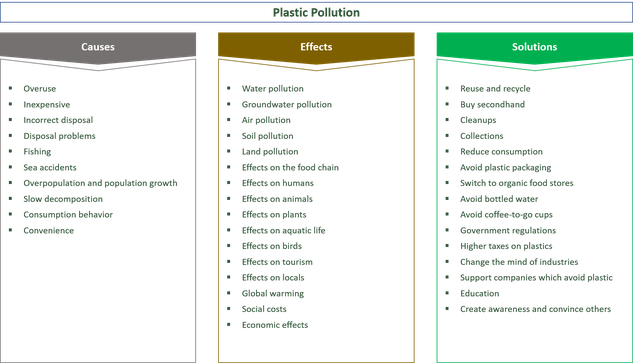 Throw family conflicts into the mix and you can see why your big day might feel a bit overwhelming.
Throw family conflicts into the mix and you can see why your big day might feel a bit overwhelming.
Some good ways to keep wedding planning stress under control include communicating openly with family members about what you envision for your wedding, prioritizing the things that are most important to you and remembering to take good care of yourself. It’s also important to stay connected to your fiancé during the planning process and make sure you set aside time to focus on things other than the wedding.
4) Starting a new job
No matter where you are in your career starting a new job is another major cause of stress in modern life. It’s easy to feel overwhelmed in our first days on a job as we learn what is expected of us in our new role.
Remember, you can’t expect to know everything right from the start, so don’t be afraid to ask questions or get help when you need it. If you find yourself getting overwhelmed, take a short walk or find another quick stress reliever. Here are some other tips for starting a new job that will hopefully help you feel a little more at ease.
Here are some other tips for starting a new job that will hopefully help you feel a little more at ease.
5) Workplace stressors
One quarter of workers say their job is their biggest stressor. In addition to new job stress, other common causes of stress in the workplace include fear of being fired, heavy workloads, poor management and a lack of control over your work activities. Workplace stress can creep into our life outside of work and negatively affect our health, so it’s important to keep it in check.
Managing your time at work efficiently and learning to prioritize your tasks are just two ways to handle workplace stress. Often it helps to delegate work if you’re feeling overwhelmed, such as when you’re getting ready for a big presentation or preparing a key business report. During this time you may find it useful to get help from a professional service such as CopyCrafter.
6) Financial problems
Financial worries are one of the most common causes of stress.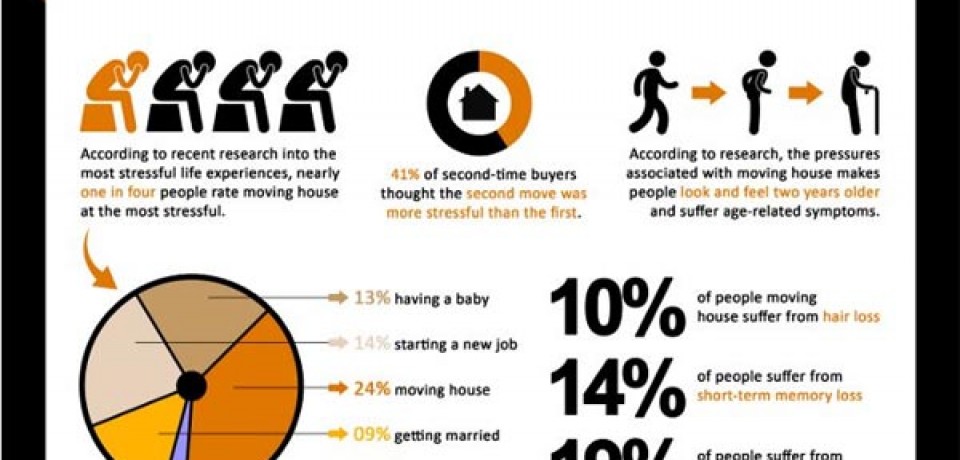 According to the American Psychological Association (APA), 76% of Americans say money is a major cause of stress. Here are some tips from the APA for dealing with financial stress and difficult economic times:
According to the American Psychological Association (APA), 76% of Americans say money is a major cause of stress. Here are some tips from the APA for dealing with financial stress and difficult economic times:
-
Identify your financial stressors and come up with a plan to manage your finances more efficiently.
-
Examine how you deal with financial stress – address any unhealthy behaviors you may be engaging in, such as gambling or drinking, as a way to relieve money stress.
-
Use challenging financial times as a catalyst for positive changes.
Moving is another of life’s stressful events. First, there’s finding the right place. Then there’s the packing and unpacking, finding new schools, shops and other services, along with any financial stressors. In addition to all of these logistical considerations there is also the emotional stress of moving, especially if you’ve been in a place for a long time and you’re having to start fresh in a new neighborhood, city or even country.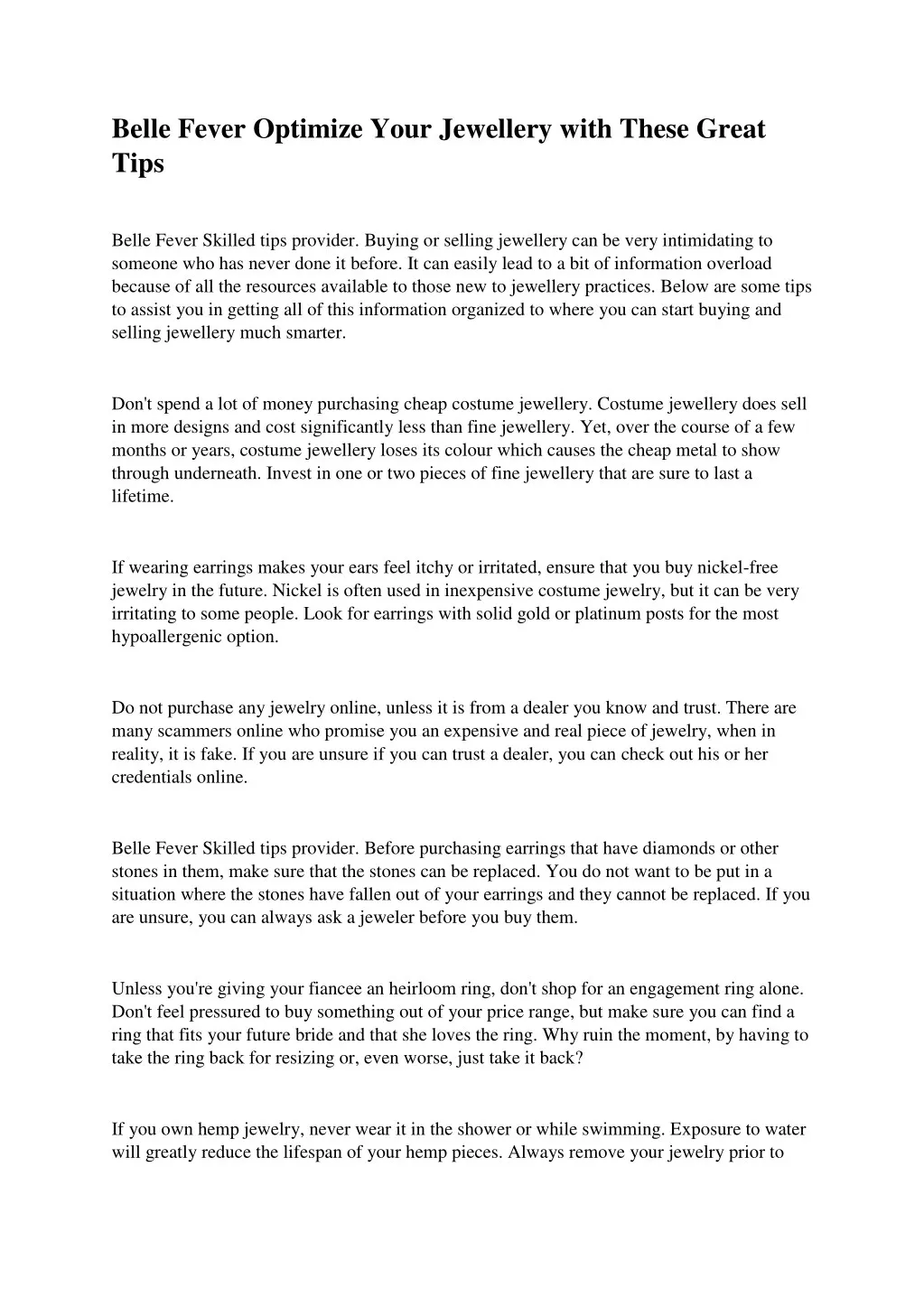
Researching the new area, hiring professional movers, and relying on friends and family for help are all good ways to deal with the stress of moving. Make sure you plan everything ahead of time so that things go smoothly. Once you’ve moved in, introduce yourself to your neighbors and start looking for ways to get involved in your new community.
8) Chronic illness or injury
Long-term health conditions can cause stress for both those affected and their loved ones. In addition to life’s everyday stresses, you may have the added stress of managing chronic pain, increased financial burdens or dealing with limitations caused by your illness.
Find out as much as you can about your illness or injury and its treatment. You may have to adjust your expectations depending on your situation. Take good care of yourself – get enough sleep, eat well and exercise if you are able. Avoid situations that cause you more stress and focus on the activities and individuals that make you feel the happiest.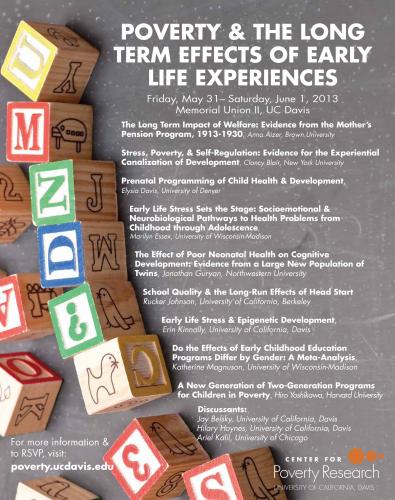
9) Retirement
As stressful as many people find work it seems they’d be excited to reach retirement, but retiring can also been a stressful transition to make. Often people struggle with the question of “Who am I?” after decades of defining themselves in relation to their careers.
Give yourself time to adjust and relish in the fact that you have an opportunity to reinvent yourself. It can also be disturbing to no longer have the routines you were so used to, so look for ways to stay active and get involved in activities that will help structure your day.
10) Transitioning to adulthood
Stress isn’t just limited to adults. Your teen years are a time of big changes, which can be hard to handle. There are many things teens stress about, including peer pressure, navigating romantic relationships for the first time, and dealing with the physical changes they are experiencing. Other major causes of stress in students include academic pressures, busy schedules, and poor sleeping and eating habits.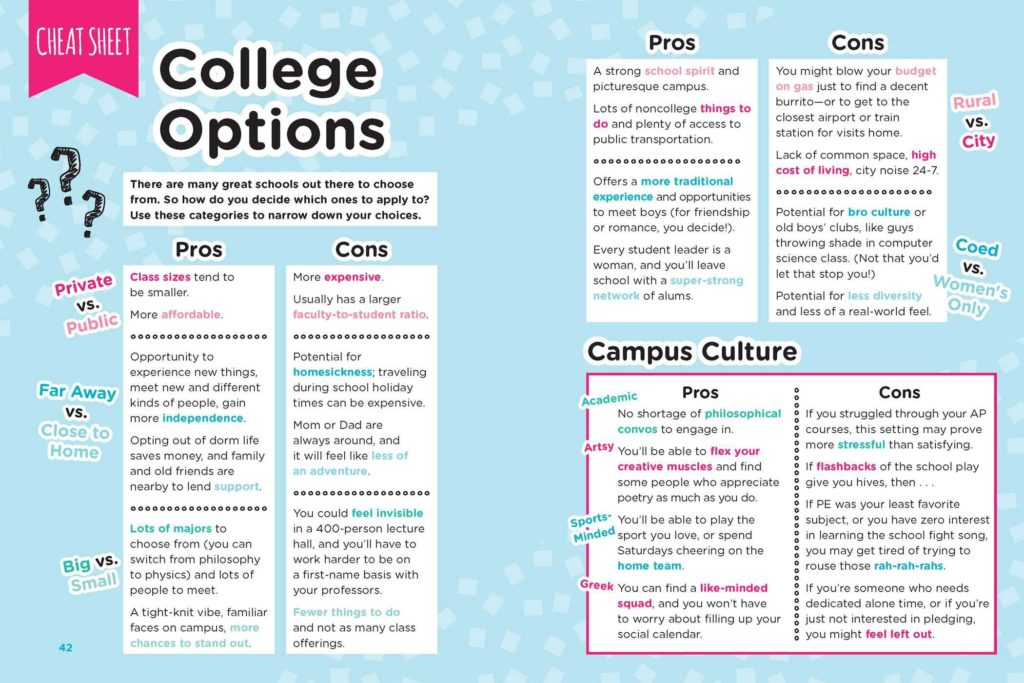
To help lower stress levels, make sure your son or daughter is getting 8.5 to 9.25 hours of sleep a night and they keep to a regular sleep schedule. Students should avoid convenience foods high in sugar, fat and caffeine, and instead try to eat a diet of fresh fruits and vegetables, whole grains, nuts and lean protein to give them lasting energy. Teens can also lower stress by exercising, spending time with friends and focusing on the positives in their life.
Top 10 Stressors In Life And Why
Stress is an inevitable part of life, and it’s not always bad.
Stress is your body’s natural response to challenging or difficult experiences. It can be triggered by positive things, such as a tricky puzzle, or negative things, such as financial difficulty.
When you’re stressed, your body goes into “fight or flight mode” — a state where your body and mind are alert. When managed in a healthy way, stress can help you perform better.
A life stressor is any event or experience that causes stress. Some stressors can be small and relatively easy to manage, like a busy day at work or a small disagreement with a loved one. Other stressors can be harder to manage, like bereavement, divorce, or becoming severely ill.
Some stressors can be small and relatively easy to manage, like a busy day at work or a small disagreement with a loved one. Other stressors can be harder to manage, like bereavement, divorce, or becoming severely ill.
Although everybody experiences stress differently, experts have identified the top life stressors. These common stressors are most likely to contribute to anxiety.
What are the most stressful life events one can experience? It’s difficult to quantify stress, especially because we all experience stress differently.
The Holmes-Rahe Stress Scale, also known as the Social Readjustment Rating Scale, is a list of stressful life events. First developed in 1967, this stress inventory attributes points to different life stressors. According to the scale, the more points you accumulate over a year, the more likely you are to experience health issues.
However, there are some criticisms of this scale. The way we cope with stressors depends on many factors, including your individual circumstances, your cultural context, and how much support you’re receiving from others.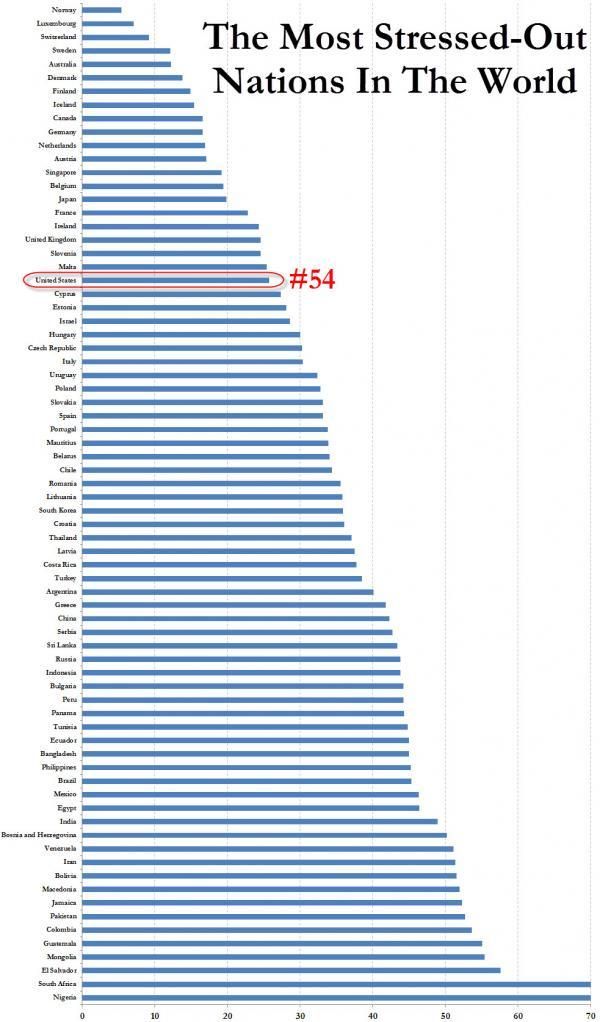
Remember that the Holmes-Rahe Stress Scale was created to predict illness — the purpose is not to compare your stressors to others’ or to downplay the other stressors in your life.
Stress is subjective, and you might find it harder to cope with stressors that aren’t listed here than those that are. For example, you might find it harder to cope in the aftermath of a violent crime than with your divorce. And that’s okay.
1. Death of a spouse
When your life is deeply intertwined with a person, losing them can be agonizing and can even lead to decreased life expectancy. When you lose a spouse, you might also experience other changes — your lifestyle, daily routines, and living arrangements might change. These changes can make it harder to cope in the aftermath of your spouse’s death.
If you lost a spouse or life partner, give yourself time to grieve. It might be wise to join a support group for grief or speak with a therapist who offers bereavement counseling.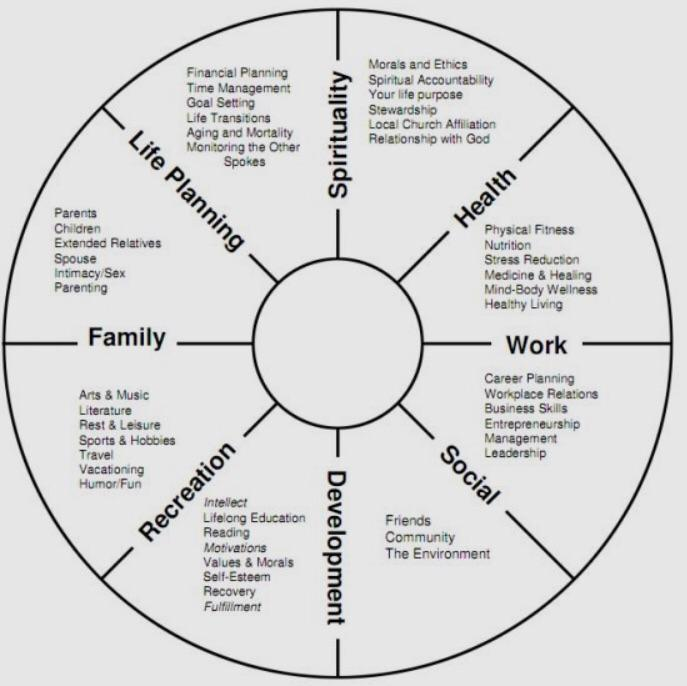
2. Divorce
Even if you know it’s for the best, divorce can be difficult to deal with, especially because it often requires you to readjust your routine and lifestyle. Legal difficulties, custody battles, and moving can compound this stress.
It’s common to feel lost after a divorce. You might feel a mixture of emotions, including relief, grief, and loneliness. But it’s possible to make it through to the other side.
3. Marital separation
Like divorce, marital separation can disrupt your life as you know it. Although it might be a wise choice, separating from your spouse can be deeply stressful. Even if you’re already undergoing marital counseling, you may want to see a therapist during this period.
4. Being incarcerated
Being in jail or prison is considered a major life stressor. Incarceration can be deeply traumatic, as it is a complete disruption of your current life and routine.
Incarcerated people might also face the following stressors:
- loneliness
- isolation
- lack of productive activities
- lack of access to medical treatment
- violence and abuse
- human rights violations
- lack of access to adequate nutrition
Formerly incarcerated people might experience post-traumatic stress disorder (PTSD)-like symptoms, often called post-incarceration syndrome.
5. Death of a close family member
The loss of a loved one is often difficult to comprehend and cope with. The death of a close family member, such as a sibling, parent, or child is considered one of the most stressful life events.
6. Major personal injury or illness
A major personal injury or illness can be a significant cause of distress. Becoming ill, whether temporarily or chronically, can disrupt your routine, lifestyle, and life plans.
Your illness or injury might require you to learn to adjust to a new way of living. Being diagnosed with a life-threatening illness can also be extremely scary. Expensive medical bills can compound the stress.
7. Marriage
Marriage is generally thought of as a happy occassion, but it can also be stressful. It might require a great deal of adjustment, especially if you didn’t co-habitate with your partner beforehand. The legal and financial admin can add to the stress.
8. Being fired or laid off from work
Losing your job can be a huge source of stress. This could cause financial anxiety — and for many people, a loss of identity. Many people identify with their jobs, and experience shame and depression when they lose that occupation.
This could cause financial anxiety — and for many people, a loss of identity. Many people identify with their jobs, and experience shame and depression when they lose that occupation.
After being fired, this stress can be compounded by financial worries and the emotional rollercoaster of job hunting.
9. Marital reconciliation
As with marriage, marital reconciliation is usually thought of as a positive thing. This might be so, but reconciling with your spouse after a separation can still require a lot of adjustment and thus be stressful.
10. Retirement
Although many of us look forward to our retirement, it can cause you to feel upheaved. When you’re used to working, it might be difficult to adjust to retirement. You might experience social isolation and a loss of purpose. You might also miss your routine and the excitement of working towards a goal.
“Retirement depression” is not uncommon, but it can be overcome. In fact, research from 2018 has found that retirement can improve your overall mental health and life satisfaction. Focus on filling your days with meaningful, enjoyable activities and make an effort to maintain healthy habits.
Focus on filling your days with meaningful, enjoyable activities and make an effort to maintain healthy habits.
Although it’s difficult to quantify stress, experts have identified common life stressors that can have an impact on your health.
Any major change or trauma can have a negative impact on your mental health. If you’re finding it hard to cope with stressors — whether they’re listed here or not — you might benefit from speaking with a therapist.
How to measure the strength of stress on the Holmes and Rae scale
American psychologists, specialists from the Medical University of Washington, Thomas Holmes and Richard Rae, developed a list of stressful situations associated with life changes and proposed a large number of people to evaluate these stressors in terms of "units of life changes". These units show the significance of certain life changes and the need to adapt to them. The higher score, the more stress this event puts on a person, and therefore affects his health. In order to use this scale to measure stress in life, you need to add units of life changes for each item of events that a person has experienced over the past year. Scientists argue that, having scored 150 points or more within a year, a person risks get sick.
In order to use this scale to measure stress in life, you need to add units of life changes for each item of events that a person has experienced over the past year. Scientists argue that, having scored 150 points or more within a year, a person risks get sick.
Stress Scale
(Holmes & Rahe, Washington Medical University)
- Death of spouse — 100
- Divorce — 73
- Death of a close family member — 63
- Imprisonment — 63
- Serious illness or injury - 53
- Getting married — 50
- Long-term residence of spouses separately - 48
- Dismissal from work — 47
- Unemployed for more than 6 months — 46
- Retirement — 45
- Sharp social upheavals — 45
- Loneliness (a person lives alone) - 45
- Department of one of the family members - 45
- Participation in hostilities - 45
- Change in health status — 44
- Pregnancy — 40
- Alcoholism, drug addiction of one of the family members — 40
- Serious sexual difficulties - 39
- The arrival of a new family member — 39
- Serious quarrels between relatives - 39
- Delay in wages for more than 6 months — 39
- Change in financial position — 37
- Death of a close friend - 36
- Army - 36
- Change of profession or employment - 34
- Significant increase in marital quarrels - 31
- Debt exceeding annual income - 30
- Reunification of spouses after separation of 6 months - 30
- Cohabitation of spouses after divorce - 28
- Avoidance of military service - 26
- Spouse starts or stops working - 26
- Admission or graduation from an educational institution - 25
- Moving to another city — 24
- Changing significant habits — 23
- Problems with boss - 22
- Constant conflicts with neighbors — 20
- Change of working conditions - 20
- Moving to a new apartment — 20
- Transfer to another educational institution — 18
- Debt not exceeding annual income — 17
- Changing sleep habits - 16
- Changes in the number of family meetings (long-term) - 15
- Changing eating habits (long term) - 13
- Permanent violation of the law - 11
During the study period, 49% of those who scored more than 300 points during the year fell ill. Of those who scored less than 200 points, only 9% had health problems. Over the next 12 months there were it was found that everyone who ranked in the first third of places by the number of points fell ill 50% more often than those in the last third of the list. However, 51% of the subjects who scored more than 300 points in the period studies, did not experience any ailments!
Of those who scored less than 200 points, only 9% had health problems. Over the next 12 months there were it was found that everyone who ranked in the first third of places by the number of points fell ill 50% more often than those in the last third of the list. However, 51% of the subjects who scored more than 300 points in the period studies, did not experience any ailments!
It is not worth considering this scale of stress as an absolutely objective indicator. It only reflects a typical picture of the body's reaction to a stressful situation. But there are still individual features - experience, age, personal qualities and other factors that affect a person's assessment of an event. For example, for one, the loss of a job is tantamount to death, and for another, the realization secret desire or opportunity to start a new life. It all depends on individual perception.
But it still makes sense to estimate what level of stress in points you received in a year. You should be wary if the amount of severe stress in a short period "rolls over". To to protect yourself, in such cases it is important to seek psychological help in time. Or at least reconsider your attitude to the assessment of some life events.
To to protect yourself, in such cases it is important to seek psychological help in time. Or at least reconsider your attitude to the assessment of some life events.
General partner of the Healthy Lifestyle Generation. Mental health" - "Altayspirtprom".
What life events cause the most stress?
Certain life events are associated with perceived levels of stress. Surprisingly, many of the potentially stressful life events are measurable, as when surveyed, most people rate certain life events as the most stressful or least stressful.
The ten most stressful life events
Ever since Holmes and Ray published their Social Adjustment Rating Scale (SRRS), there has been a lot of interest in how life events affect stress levels.
Related Articles- Stressful events for adolescents
- Stress associated with change
- Stressor table
Cochrane and Robertson created the Life Event Inventory (LEI) to update the Holmes and Rahe SRRS to include more groups of people and more of the most stressful life events left out of the original.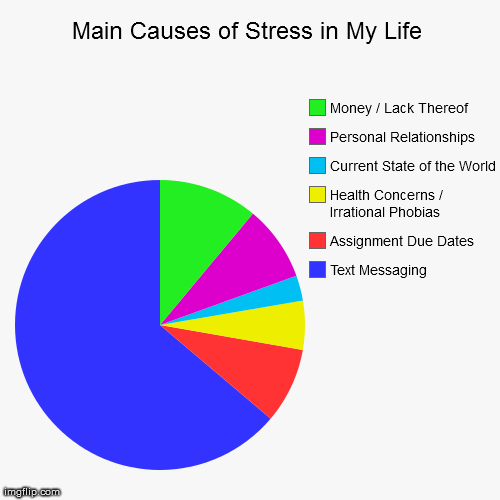 The Society of Occupational Medicine published a study using the LEI code that showed that while there may be slight differences between different groups of people, the list is very consistent in terms of how people evaluate stressful life events.
The Society of Occupational Medicine published a study using the LEI code that showed that while there may be slight differences between different groups of people, the list is very consistent in terms of how people evaluate stressful life events.
how many sunflower seeds to eat daily
Both are now used to measure people's stress levels. There are some differences between the LEI and SRRS codes. However, many of the ten most stressful life events overlap in these two inventories.
1. Death of a spouse or life partner
He was ranked number one in the SRRS and LEI. The stress of losing a spouse is so high that the chances of a surviving spouse for an early death increase. A study in the American Journal of Public Health confirmed that the chances of a surviving spouse of getting cancer, dying by accident, dying from the consequences of drinking alcohol, dying from violence and heart disease are in many cases much higher than in the general population.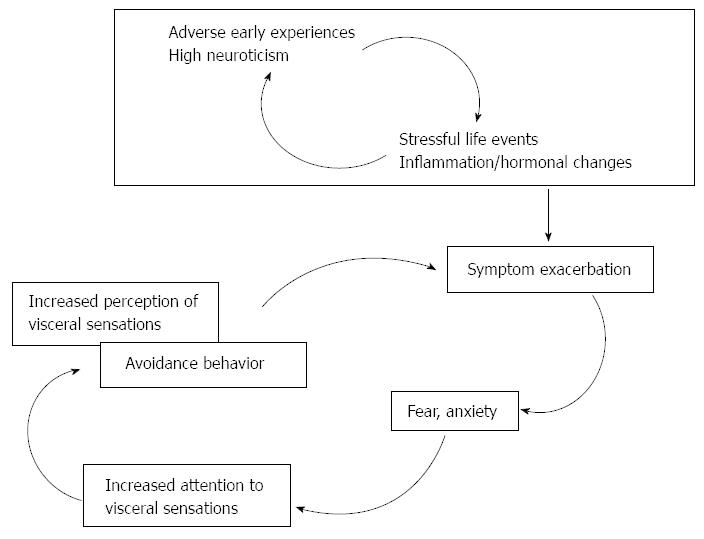
This was constant for people aged 30 to 80. Younger surviving spouses were less likely to die from the long-term effects of stress, but more likely to die within the first six months of losing a spouse.
Often in marriage people join their lives together. A widow or widower must learn to live independently again. Loneliness, grief, adjustment, and financial problems all happen at the same time.
2. Detention
According to UC Santa Cruz, imprisonment is stressful. It originally appeared in the SRRS at number four and was re-rated as number two in the LEI.
The University of California found that the prisoner is forced to adapt to an often dangerous environment and give up his autonomy. This can have subtle and obvious psychological consequences for the individual as they are forced to adjust to the unnatural and restrictive prison environment.
Prisons are an extremely hostile, violent and dangerous environment. As the American Sociological Association found, prisoners are more likely to die from stress-related illnesses than the general population.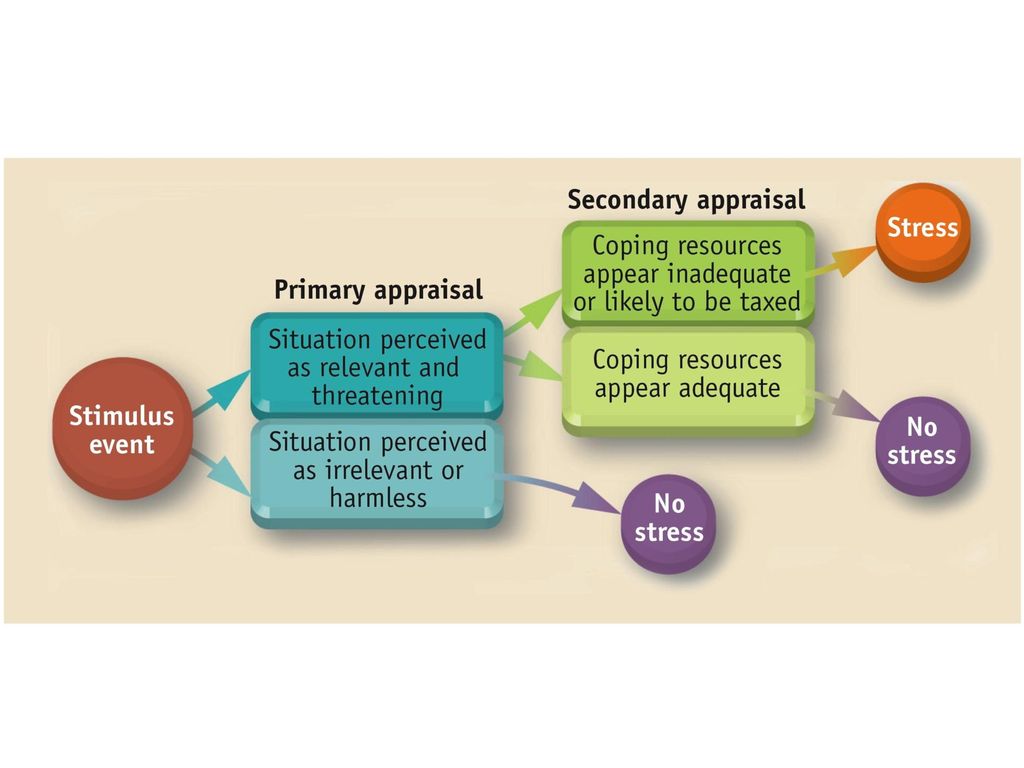
3. Departure of a close relative
This life event appears in the top ten of both inventories.
Elizabeth Ann Harvey has detailed the consequences of the death of an immediate family member in her book (p. 35). The death of an immediate family member can test family boundaries. Every family has a different dynamic, and every person in a family has a different way of grieving.
4. Favorite suicide attempt
This choice did not appear anywhere in the SRRS. Death was mentioned in general in Holmes and Rach's SRRS, but details on the mode of death were not included until the updated version of the LEI.
A suicide attempt can create stress for the whole family. How to Study According to the National Library of Medicine, an attempted suicide by another family member can shake the foundations of the emotional and mental status of family members. They may feel that they have failed in some way, and there may be intense pain and guilt between family members and internally in relation to themselves.
A suicide attempt always affects other family members. The event causes conflicting, confusing feelings. For example, family members struggle with guilt and anger towards a family member who has attempted suicide. Often in the case of a family member's attempted suicide, the entire family should be counseled.
5. Debt
No wonder this item didn't appear in SRRS when it came out. The nation's personal debt rates have skyrocketed over the past few decades and are now among the top ten LEI codes.
Northwestern University found that high debt means poor health outcomes. High debt, associated with the stress of having to carry large sums of money, is associated with a poorer perception of people's health, higher blood pressure (which puts people at an increased risk of heart attack), and higher levels of depression.
6. Homelessness
Homelessness was not listed in the SRRS. When Cochrane and Robertson upgraded the SRRS to the LEI, they took into account different groups of people.
According to the Office of Substance Abuse and Mental Health Services, homelessness itself is a traumatic experience. A home is more than just a building. This is a safe place. Homelessness is a destructive and stressful process.
Even if a homeless person or family is in a shelter, life in a shelter is full of stress, with problems of overcrowding, noisy environments and lack of privacy. Moreover, homeless people and families are more vulnerable to violence.
7. Unemployment
This choice was ranked eighth by the SRRS.
The Michigan Family Survey in their study of unemployed auto workers, primarily well-paid workers, found that chronic unemployment causes financial hardship. Due to financial difficulties, relations in the family deteriorated. Their results showed that financial hardship is destroying a family.
Long periods of unemployment can have a devastating effect on a person's self-esteem. People tend to blame themselves and think they are doing something wrong.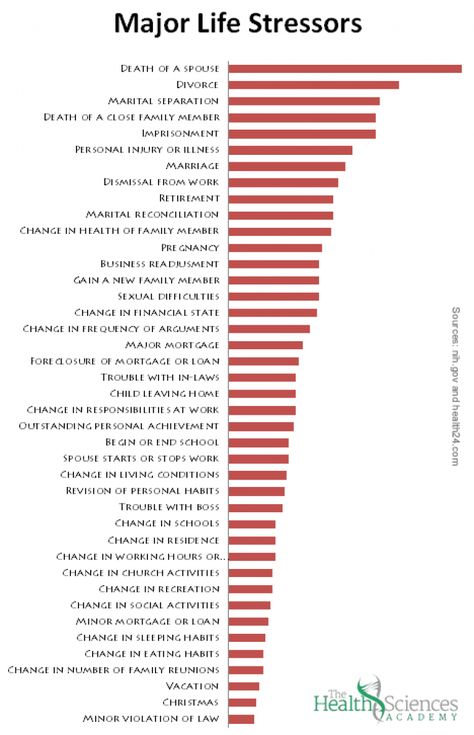 An extended period of unemployment can be doubly stressful because people may borrow and go into even more debt to survive for the moment.
An extended period of unemployment can be doubly stressful because people may borrow and go into even more debt to survive for the moment.
8. Illness or injury
Personal illness was listed in the top ten of the SRRS, and family member illness was number eleven. In the LEI code, this was option number eight.
Biomedical Central Psychology explained that family members of a seriously ill or chronically ill family member are subjected to severe stress. If the disease is chronic, family members experience stress for a long period of time, sometimes even years. This can increase levels of depression and medical illness in family members who take care of them.
9. Family Issues
On the SRRS scale, divorce (2), legal separation (3), marriage (7), and marriage reconciliation (9) ranked in the top ten, while divorce and family separation scored nine and ten for those who used the LEI code. The division of marriage was rated fifteen, and marriage was ranked forty-one by respondents using the LEI code.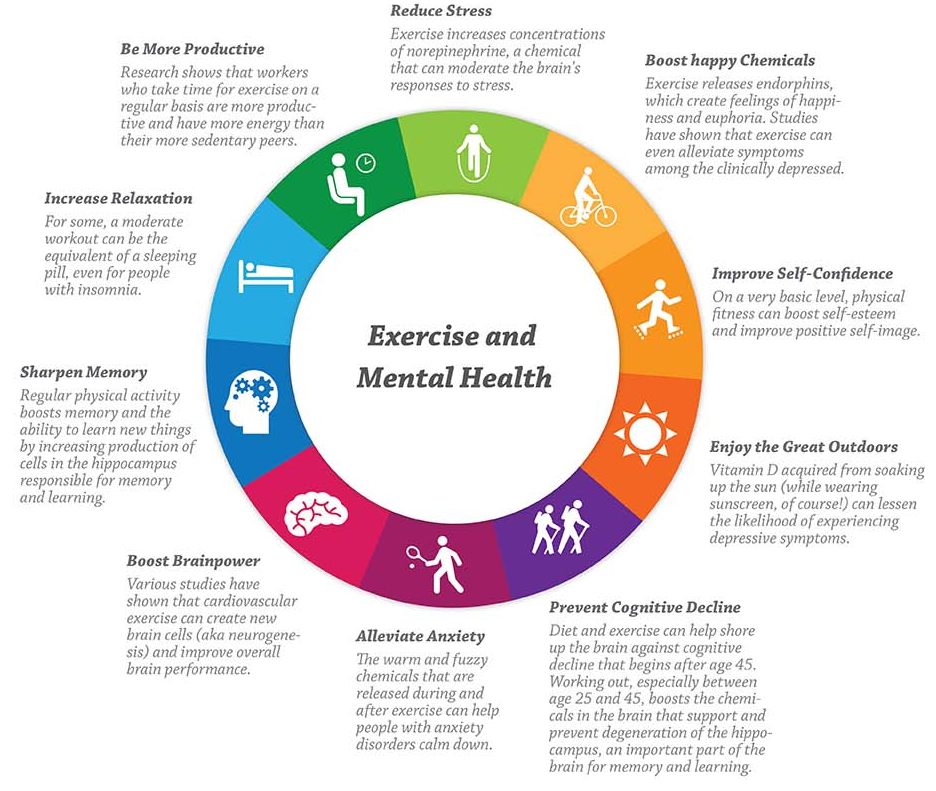
No matter where divorce and divorce are in the inventory, the stress associated with these events has a significant impact on health. The incidence of chronic diseases such as cancer, coronary heart disease and diabetes increases by 20 percent while a person is going through a divorce.
Perhaps the change in people's views on marriage is due to the fall in the number of marriages. People are getting married later than before, and only 47% of US adults are married, a record low in two decades.
10. Retirement
Retirement is ranked number ten on the SRRS, while people rate retirement using the LEI at the bottom of the list at number fifty three.
It cannot be said that the pension is not without stress factors. A study in the Journal of Gerontology found that when measured in terms of "life troubles" rather than life events, retirement was far less stressful than the hassle of work. Retirement-related stress was predicted by financial impact and illness.